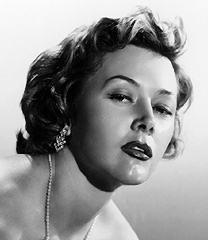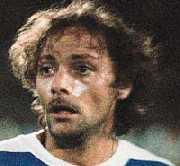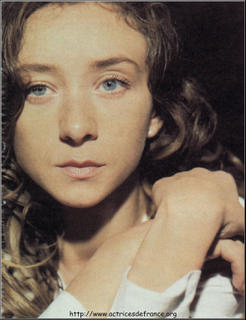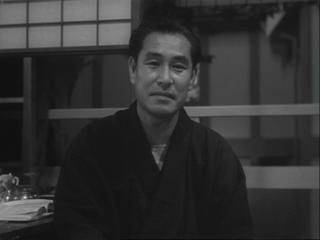I find the movie to be indicative of the great decline of American comedy. There's an important reason why the joke is really not that funny - it's essentially a wholesale mis-use and misinterpretation of the purpose of sex jokes.
Sex jokes are in essence about overthrowing political conventions. This is why such writers as Machiavelli and Beaumarchais (to Jean Renoir) so readily focused on sex-capades as a central way of understanding (and reforming) politics. That's also precisely why Mort Sahl, Lenny Bruce and Richard Pryor were such ground-breaking comics. American comedians previously had worked blue many times (not on TV or radio or movies obviously - but certainly at nightclubs/vaudeville/etc) - Dean Martin's entire comedic schtick was how many women he had slept with. But the previous blue comedy was mostly lifeless and irrelevant until Sahl and Bruce and Pryor combined it with their political understanding, something that had largely been absent from American (stand-up) comedy previously.
The problem with current American comedy is that the lesson most comedians learned from Pryor et al was to work blue and outrageous - but NOT that they needed to be political and real. (I'm not using political in the sense of "make fun of the President's big ears or accent" here).
Thus, the joke is not really shocking precisely because (the vast majority of) these comics do not have a good understanding of where the current political/religious/cultural boundaries are anymore - again, precisely where Pryor and Bruce situated their comedy. I.E. the vast majority of
The Aristocrats is fake-outrageousness and not really outrageous at all.
This explains why there are so few comedians now at the forefront of American culture - remember, in the 1950s-1970s, the comedy club had the same level of cultural relevance as the other major institutions of avante-garde culture then: the jazz club, the coffee-house and the university. Indeed, since so many comedy clubs also functioned as jazz clubs and coffee-houses themselves AND many comedy clubs were located within easy reaches of universities (Hungry I near Berkeley, Bitter End near NYU, Second City near University of Chicago), all of these institutions effectively were the same.
The few comedians who do retain some aspects of the genius of Pryor and Bruce are precisely those who have remained political - Chris Rock, Dave Chappelle and Margaret Cho. Most of the rest - including the vast majority of even the well-known comics - are essentially still doing "please, take my wife (now updated to girlfriend/boyfriend/S&M partner)"/"don't you hate flying?"/"kids these days" routines that were already traditional by the 1930s, if not long before.





